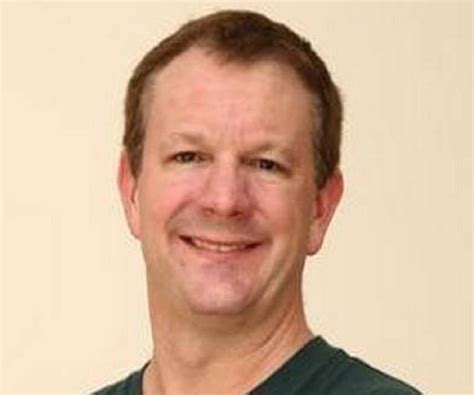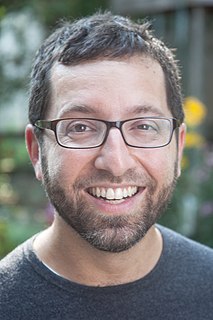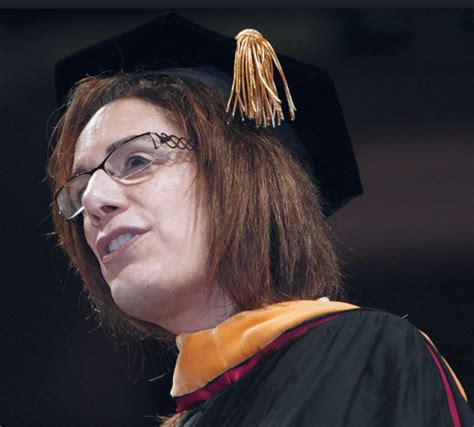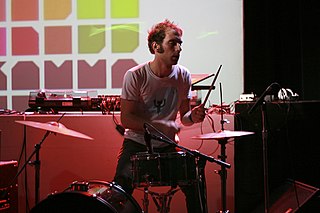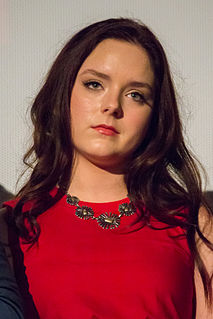A Quote by Brian Acton
Yes, I was a big math and computer geek, that's true. I was driven by the scholastic side of things. For me, it was all about what I could do with math and computers.
Related Quotes
I noticed there were so many people, especially women, who would come up to me having recognized me from TV and say, 'I heard you were a math person, why math? Oh my gosh, I could never do math!' I could just see their self-esteem crumbling; I thought that was silly, so I wanted to make math more friendly and accessible.
I'm a strong believer that you have to have an equal opportunity to fail and to try things that are hard. I always tell my students, "Don't just take things that are easy for you. If you're really good at math, don't take just math. Take classes that make you write. If you're a really great writer, but bad at math, take math and make yourself work your way through it."
If somebody is working on a new medicine, computer science helps us model those things. We have a whole group here in Seattle called the Institute for Disease Modelling that is a mix of computer science and math-type people, and the progress we're making in polio or plans for malaria or really driven by their deep insights.
There are two versions of math in the lives of many Americans: the strange and boring subject that they encountered in classrooms and an interesting set of ideas that is the math of the world, and is curiously different and surprisingly engaging. Our task is to introduce this second version to today's students, get them excited about math, and prepare them for the future.
